EXCLUSIVE: Sir Paul McCartney Confesses Beatles Break-Up Was So Traumatic He Suffered 'Near-Fatal' Paralysis Scare and Feared He Was On Verge of Death
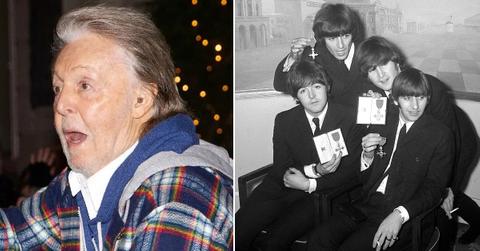
Paul McCartney has said the Beatles breakup trauma left him fearing for his life.
Nov. 11 2025, Published 5:44 p.m. ET
Sir Paul McCartney was traumatized so severely by The Beatles' split it left him so physically and emotionally shattered he feared for his life, RadarOnline.com can reveal.
The music icon, 83, has recalled he was struck with his crippling fear of death over his iconic group's break-up during a night when he was unable to lift his head from his pillow and believed he was in danger of suffocating.
The Loss of a Life's Job
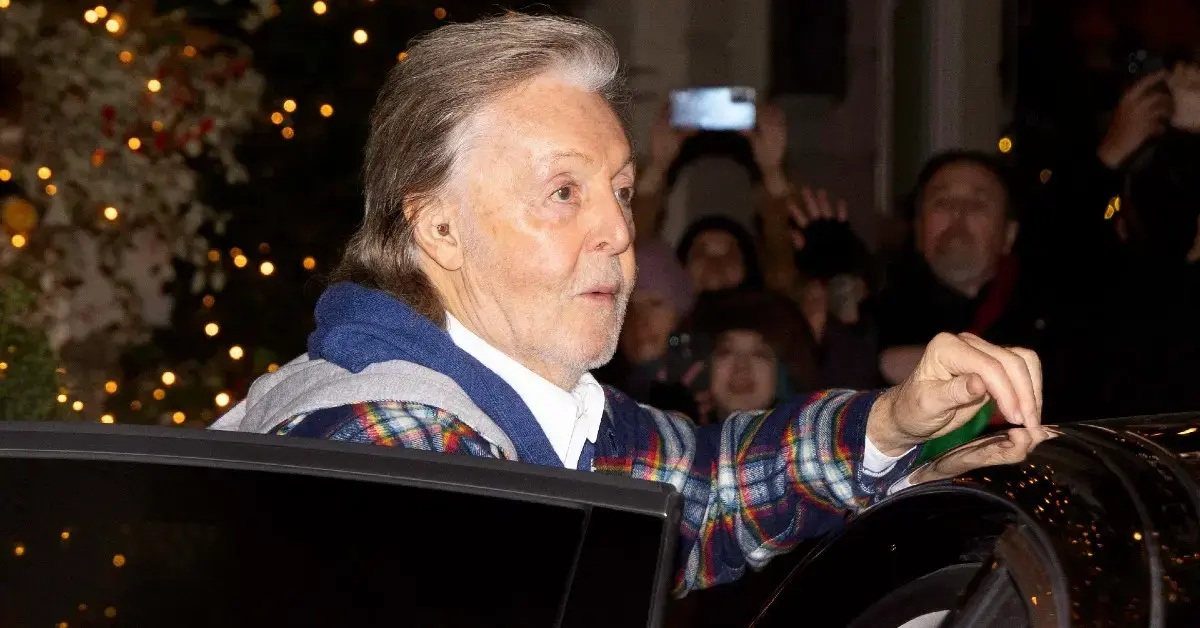
The music icon recalled he was struck with crippling death fear.
He shares the harrowing tale in his new memoir Wings: The Story of a Band on the Run, in which he describes the devastating aftermath of the Beatles' 1970 breakup and how he spiraled into a deep personal crisis before retreating to his remote Scottish farm to recover.
The book, compiled from newly discovered personal archives and interviews, offers McCartney's most intimate account yet of the collapse of the world's most famous band – and the near-debilitating toll it took on him.
He said: "Leaving the Beatles, or having the Beatles leave me, whichever way you look at it, was very difficult because that was my life's job.
"So, when it stopped, it was like, 'What do we do now?' In truth, I didn't have any idea. There were two options: either don't do music and think of something else, or do music and figure out how you're going to do that."
The Near-Fatal Scare
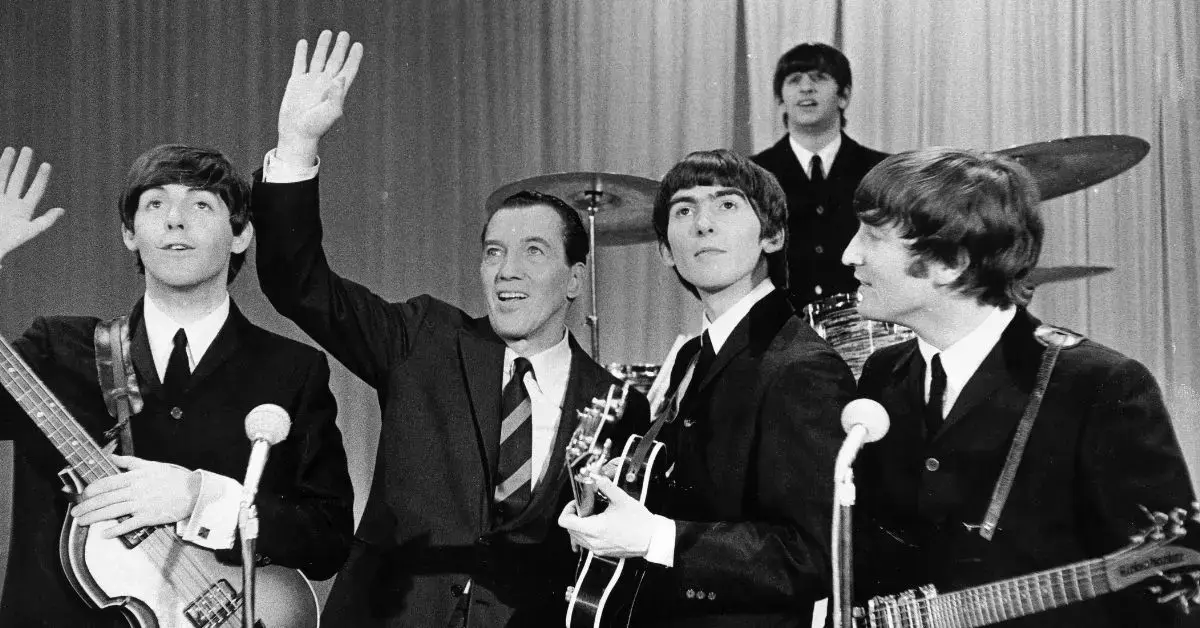
He described the devastating aftermath of the Beatles' 1970 breakup.
McCartney admitted the loss of the band that had defined his life left him physically trembling with anxiety.
"I remember lying awake at night shaking, which has not happened to me since," he added.
"One night, I awoke and I couldn't lift my head off the pillow. I thought, 'If I don't do this, I'll suffocate.' I remember hardly having the energy to pull myself up, but with a great struggle I pulled my head and lay on my back and thought, 'That was a bit near.'"
The episode, he said, marked the lowest point of his life. McCartney had retreated with his wife, photographer Linda McCartney, to High Park Farm near Campbeltown on the Kintyre peninsula, in an attempt to escape the chaos of fame and rediscover purpose.
"I went up there before I met Linda, and I didn't really like it," he said.
"I'd expected Scotland to be forests and mountains, and this was hills and virtually no trees. It was underwhelming. I met my neighbour there, an old guy named Ian McDougall. Ian was a real Highlander; you could barely understand what he was talking about."
Finding Solace with Linda
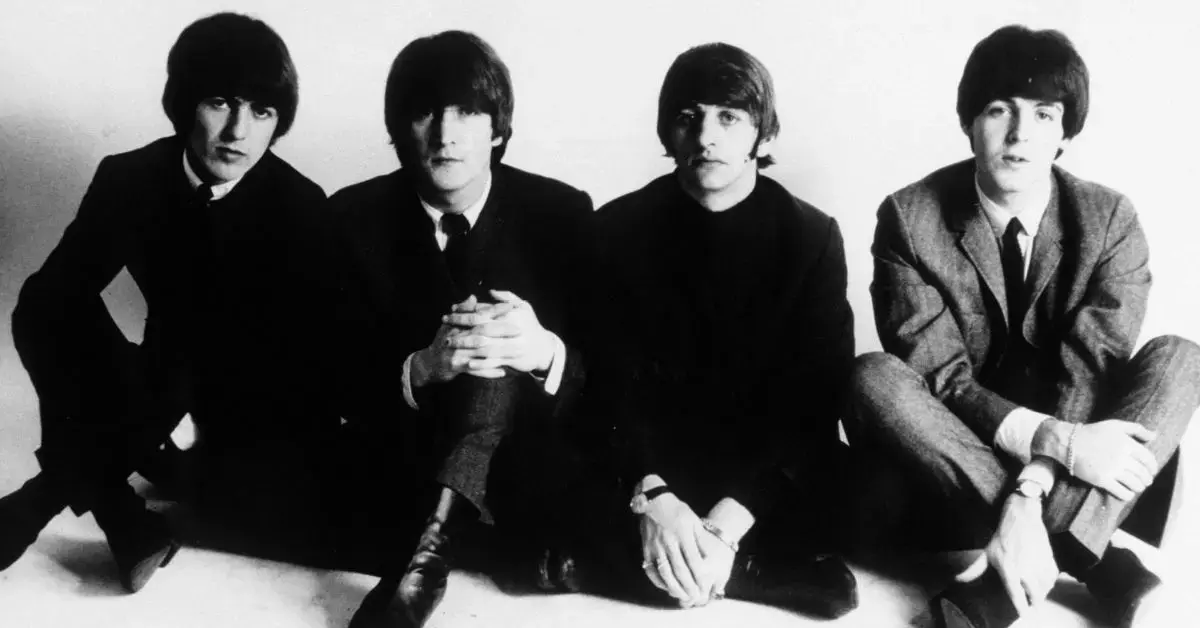
He admitted the loss of the band left him physically trembling.
It was Linda, he said, who transformed his view of the place and helped him find solace in the rugged isolation of rural Scotland.
He said: "Then, when I met Linda, she said, 'Have you got a farm in Scotland? Can we go there?' We went, and suddenly I saw it through her eyes. And she loved it. Going up to Scotland was real freedom for us. It was an escape, our means of finding a new direction in life and having time to think about what we really wanted to do."
Healing Through Simplicity

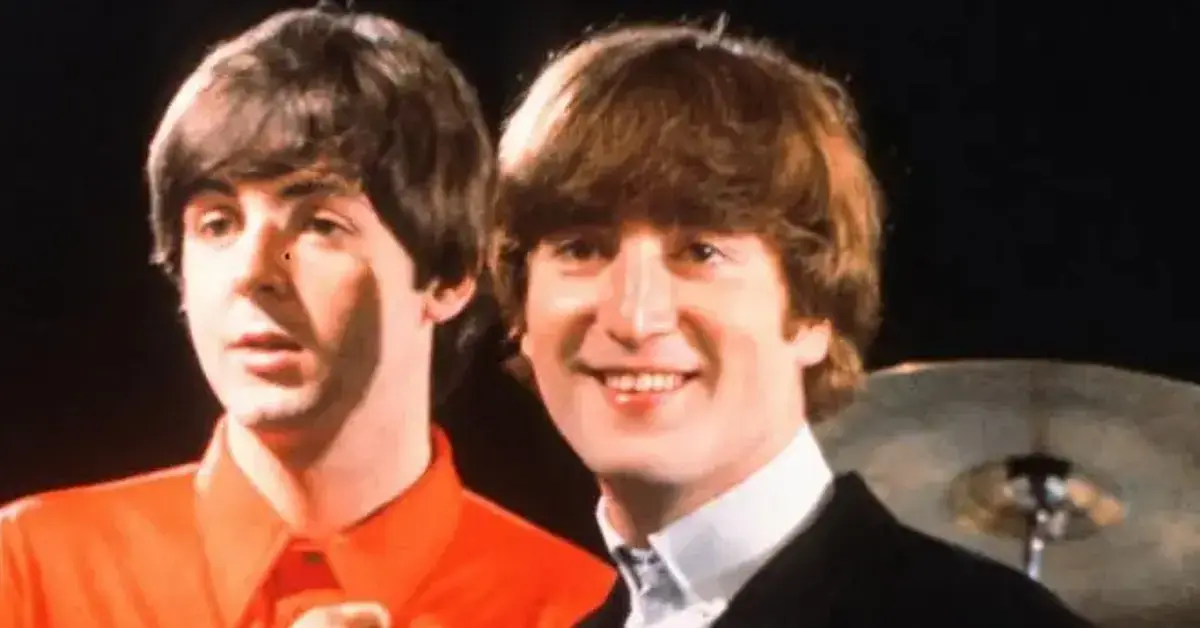
The move became a lifeline for McCartney.
The move became a lifeline for McCartney, who turned to the land and family life as a way to heal. "We put our backs into it, tilling the fields, and grew all sorts in our vegetable garden. We had some seriously good turnips," he said.
"To this day, it never ceases to amaze me: I put a seed in the ground, the rain comes to water it, the sun comes to shine on it, then something grows and you can eat it."
McCartney also recalled the simplicity of life at his farm, where basic comforts were scarce.
"We didn't have a bath," he said.
"But next door to our little kitchen, there was a place where the farmers had cleaned the milking machinery. It was a tub that was three feet off the ground, a big galvanized tub. I said, 'We should fill this with hot water. We can have a bath.'"
The isolation that once terrified him, McCartney said, eventually became the foundation for his recovery – and for the music that followed.
What began as an escape from heartbreak would soon lead to the birth of Wings and the next chapter of one of pop music's most storied careers.


